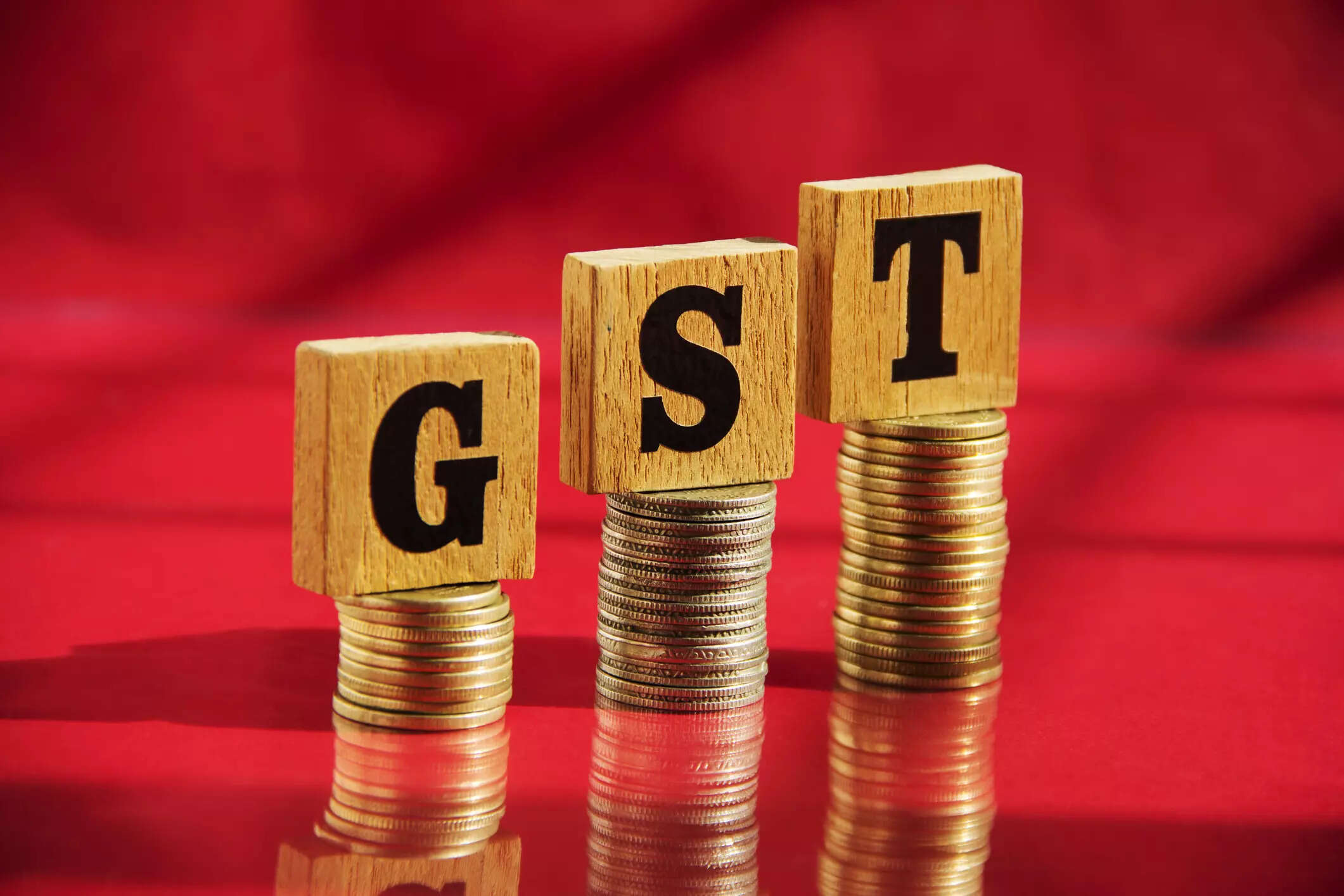Co-working companies, tax experts ask government to simplify GST registration

Co-working operators and tax experts have urged the Centre for a simplified GST registration for firms operating from a shared space. The request comes after GST officers sought extensive documentation, such as registered leases and clearances from original owners, to prevent firms from using the coworking setup only for GST registration.
“Denial of registrations at co-working spaces is a challenge faced by a lot of multinationals wanting to start small in India to test the market and environment or those seeking to follow a hybrid model of working,” said Saket Patawari, Executive Director–Indirect Tax, Nexdigm.
Despite benefits and flexibility offered by the coworking operators, an evident roadblock was the denial of GST registration when the ‘principal place of business’ was applied for at such shared spaces.
The tax authority’s cautious approach comes from concerns of increased revenue leakages where the GST registrations were fraudulently obtained and misused for fake invoicing and thereby transfer of “paper input tax credit”.
Many operators don’t give NOC to the tenant unless a director of the company is operating from the premises and the minimum lock-in is for one year. This is to ensure misuse of the GST number.
“If the authorities are aware of any misdoings on the part of some businesses, it should be shared with industry participants so they can be watchful. Extreme care must be taken not to paint all businesses with the same brush, as it would derail the much-needed formalization of these businesses,” said Aditya Verma, Founder & CEO, The Office Pass (TOP).
Indian Small & Medium Businesses (SMBs) have traditionally operated from homes or from un-authorized residential areas (Lal-dora land) because of cost pressures. Many businesses have remained under the radar of the tax authorities for this reason.
“GST registration in co-working space is mainly denied due to lack of documentation at the end of the co-working space owner on the one hand and over-cautious approach by the field officer on the other hand. At the end of the co-working space owner, it has to be understood that an NOC from the premises owner is mandatory for GST registration,” said Vivek Jalan, Partner, Tax Connect Advisory, a multi-disciplinary tax consultancy firm.
Past Denials
In the past, there have been cases wherein companies operating from coworking have been denied GST.
“It was based on the fact that multiple offices are operating from the same address. However, now things are changing and governing agencies are also embracing and understanding more about the co-working ecosystem and how it operates,” said Nakul Mathur, MD, Avanta India, a Co-working firm.
The department has also rightly contested that there is no stability in registrations obtained at such co-working places considering the limited records available at the place of business and also the permanency of such addresses.
“A mid-way approach could be to get a joint NOC from the landowner and the co-working space owner, co-signed by both. There have been disputes in the past where illegal businesses were carried out by co-workers and the owners denied any knowledge of the same. Hence it is important that owners take some responsibility and do some due diligence before providing the premises to persons,” Jalan said.
At co-working spaces, there is an original owner who leases his property to a co-working space developer who further provides space and other services to multiple companies. Obtaining spaces differs from getting a single desk /cabin to getting the entire floor.
Experts said that there is no doubt that there has been an increase in bogus invoicing and detection of fraud, and it needs to be controlled and prevented, but the current practice is making genuine taxpayers willing to do business in India suffer.
“There might come a point where foreign companies stop investing in India considering the stringent registration provisions in a hybrid workflow model like today. The need of the hour is a prudent clarification by the GST Council to clear the air on the GST registration issues and devise a mechanism to check credit frauds without impacting genuine taxpayers for as fundamental a thing as to get registered for paying GST,” said Saket Patawari.


